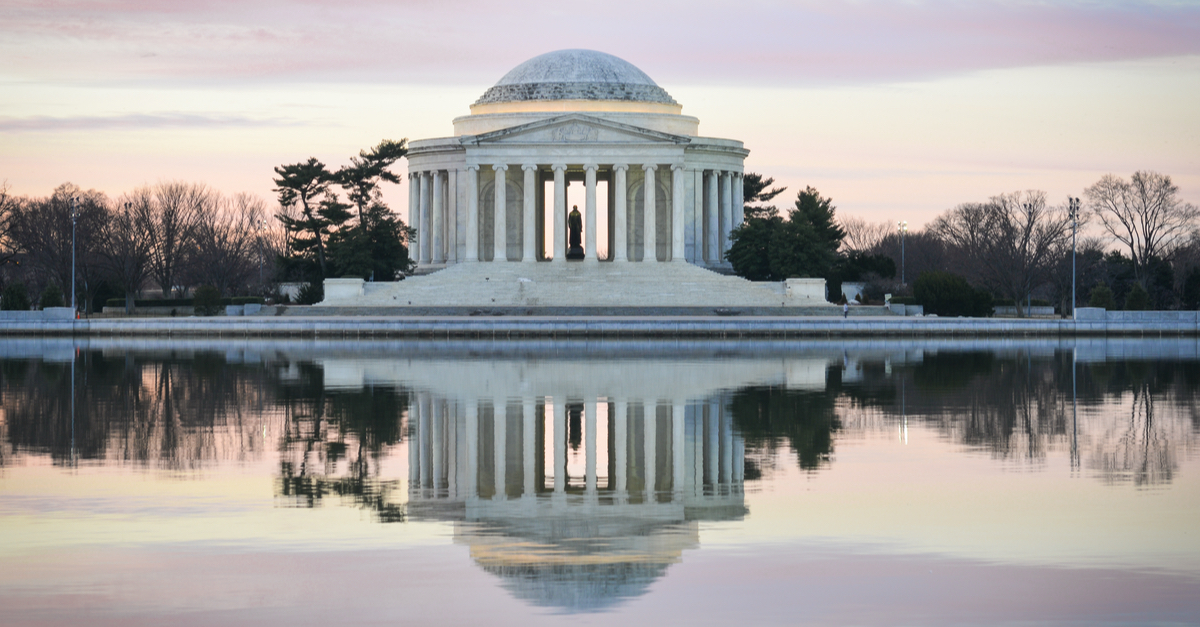
Complaints, Excuses, and Justifications after a Lost DWI Trial
Before beginning my practice in Virginia, I went over to traffic court in Fairfax County to observe, and was struck by the large number of DWI cases that pled. One piece of blue paper after another was passed up to the judge, with the defendants lining up to accept responsibility for their offense. These guys don’t know how to try a DWI case, I thought to myself smugly. They amass clients, charge a hefty fee, and then pocket the money.
* * * * *
A couple of days ago, I lost a DWI trial in Virginia.
I always take the rest of the day off following a trial. My wife and I go out for a celebratory dinner after a win. After a loss, I go home to brood in my study.
If I spend the rest of the day blaming myself for a loss, I have usually found something else to blame by the following morning. In this case, two days later, I have decided to blame Virginia’s rules of discovery and the prosecutor.
* * * * *
Criminal defense lawyers in Philadelphia begin the plea bargaining process with virtually everything the government lawyer has: police reports, accident reconstruction reports, witness statements, notes from the field sobriety and breath tests, and so on. In other words, you know what you are dealing with.
While the discovery rules in D.C. are not quite as liberal as in Pennsylvania, there is the Jencks Act, which requires the government to turn over any statements made by a witness after the witness has testified. To avoid delaying the proceedings once the trial has begun, a helpful prosecutor will occasionally give you the statement in advance. Again, you have at least some idea of what to expect from the testimony at trial.
By contrast, the defense in Virginia is guaranteed only two pieces of discovery: (1) the defendant’s record, and (2) information on any statements the defendant may have made. You can occasionally get a brief summary of the officer’s report from the clerk’s office. The defendant also gets a copy of the breath test certificate in DWI cases, and defense counsel can request specifics on the breath test machine from the Department of Forensic Sciences.
The result of these very limited rules of discovery is that, depending on the results of your own investigation, you are often flying blind when helping the client decide whether or not to accept the government’s plea offer.
* * * * *
Courts hate trial by ambush, and, in fact, it is in no one’s interest to have cases that should have pled go to trial. The government has to go to all the trouble of bringing in all its witnesses. In this particular case, there were three witnesses — the off-duty officer who observed the accident, the officer who was called to the scene to administer the field sobriety tests and to make the arrest, and the officer who administered the breath test – all of whom sat in court the whole day waiting for the case to be tried. And the defendant can get slammed during sentencing for having exercised her constitutional right to contest the charges.
* * * * *
Prosecutors who want the defendant to accept a plea offer can occasionally go beyond the obligatory disclosure requirements to let you know what they have against your client. In this case, adding to my list of complaints, excuses and self-justifications, this particular prosecutor elected to remain silent.
I had no idea, for example, that an off-duty officer had actually witnessed the accident – thereby satisfying the government’s burden of proving “operation” — until he showed up in the room moments before trial, and by then it was too late to accept the plea. And there was no way of finding out this information for myself.
In addition, I had no inkling of what turned out to be a very damning police report until the officer was already on the stand. Even then, the fact that I was able to read the report before the actually testimony was pure happenstance. When the officer, already on the stand, was unable to remember certain specifics during direct, the prosecutor was required to pull out the report to refresh the officer’s recollection. The prosecutor couldn’t show the officer the report before she showed it to me. I thus had a few moments, while the entire courtroom sat in impatient silence, to read what turned out to be a very detailed report before the officer continued his testimony. Again, however, this gave me little time to do damage-control, much less factor the report into our decision on the plea offer.
It is so much easier to find someone else to blame.
* * * * *
I have had a string of successes recently at trial, and I can’t help wondering if this didn’t factor into what turned out to be my client’s ill-fated decision to take this case to trial. I always do my best Joe “Just the Facts, Ma’m” Friday imitation whenever I counsel a client on a plea offer, because the client needs to own the decision. At the same time, the client cannot help but be influenced by her lawyer’s demeanor.
At 6:00 pm today, my client will turn herself in to begin serving her jail time. I will try not to think about this. I will think instead of a client facing substantial jail-time who told me once with a resigned smile that she had been listening to a lot of Johnny Cash. In addition, the next time I see my colleagues lining up their clients to plead guilty, I think I’ll be a tad less judgmental.
